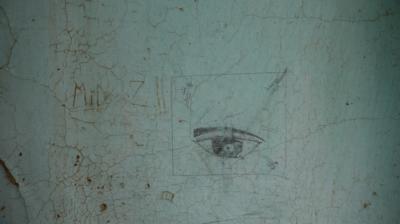Gendering Faith
The aim of the project is to examine the nature and causes of the increasing public religiosity of Muslim women of the Occupied Palestinian Territories (OPT). In studies on Islamism in the OPT, women are either depicted as auxiliaries or as victims of imposed dress codes and strict gender segregation. Such studies do not serve as a fruitful point of departure to understand the agency and self-interests of Palestinian women who join or support Islamic groups. Such studies also overlook other ways in which the Islamic Revival manifests itself among women – as groups and networks of socio-religious non-profit organisations that engage in proselytisation and educational and charitable work, often referred to as “piety groups”. Palestinian women have been part of the Islamic Revival for decades, as preachers in mosques and in private homes, and as participants in organisations offering health, educational, and social services. This project wants to explore the reasons behind, and the manifestations of, Palestinian women’s interaction with the Islamic Revival. To what extent does women’s engagement reflect strategies or processes of empowerment in a situation where daily life is shaped not only by patriarchal power structures but also the deep instabilities and recurring crises that characterise the OPT? How do patterns of religiosity among Palestinian women in the OPT compare to those of Palestinian women in the regional Diaspora (i.e.Lebanon,Syria,Jordan), and inIsrael? How do Palestinian women’s patterns of religiosity compare to those of Muslim women in other Middle Eastern countries?







